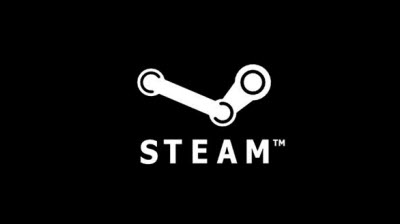
The company is releasing five games on the Steam store today that use micro-transactions. That’s a big deal because it shows that free-to-play games (where gamers can play a game for free and then pay real money for virtual goods in small transactions) are becoming more and more mainstream in the video game industry.
[aditude-amp id="flyingcarpet" targeting='{"env":"staging","page_type":"article","post_id":298802,"post_type":"story","post_chan":"none","tags":null,"ai":false,"category":"none","all_categories":"business,games,","session":"B"}']Daniel James, chief executive of Three Rings, an independent game developer in San Francisco, said his game Spiral Knights will debut in the Steam store with micro-transactions. That shows how far micro-transactions have come. In the past, micro-transactions were pioneered by Korean companies such as Nexon a decade ago to stop game piracy in Asia. It worked, but it also became a standard business model because users liked the fact that they could pay in smaller, measured amounts and try a game out before they spent money on it.
Other free-to-play games include Forsaken Worlds, Champions Online: Free For All, Global Agenda: Free Agent, and Alliance of Valiant Arms. Overall, Steam has more than 1,500 games and 30 million active accounts worldwide. It is available for Mac and PC games.
AI Weekly
The must-read newsletter for AI and Big Data industry written by Khari Johnson, Kyle Wiggers, and Seth Colaner.
Included with VentureBeat Insider and VentureBeat VIP memberships.
VentureBeat's mission is to be a digital town square for technical decision-makers to gain knowledge about transformative enterprise technology and transact. Learn More